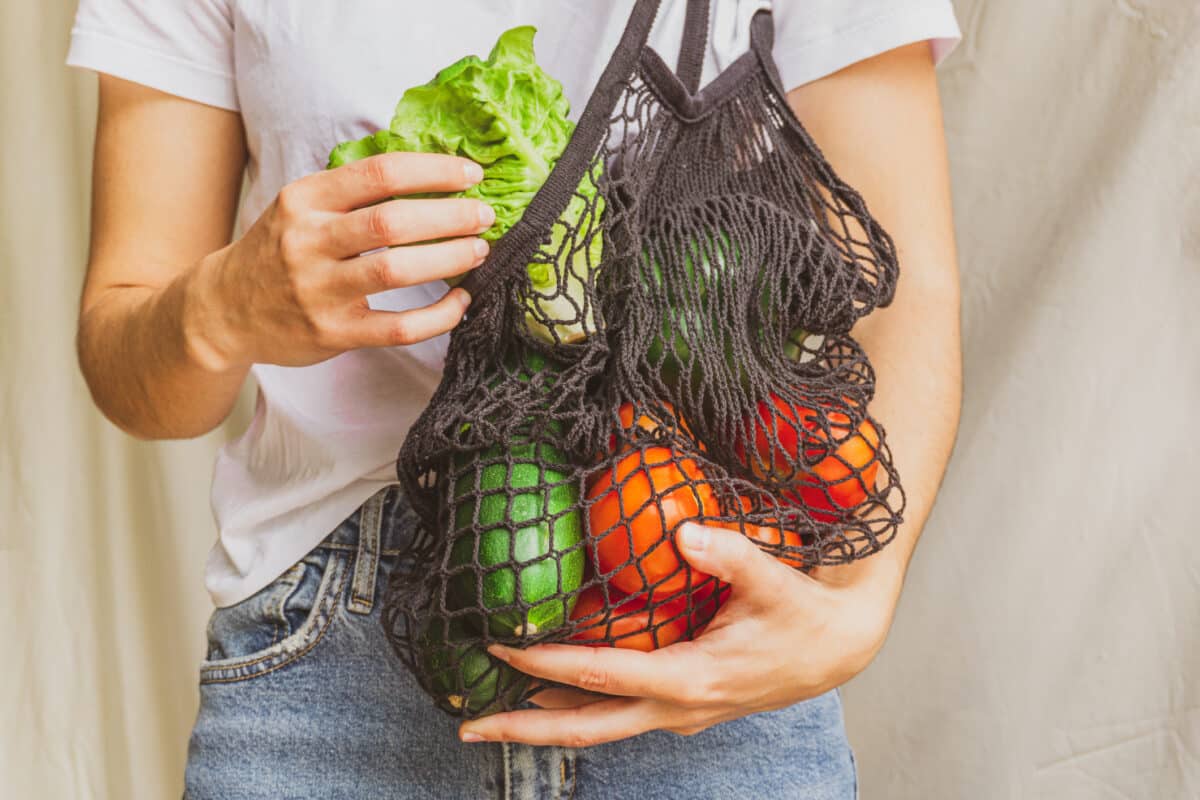
Eating organic vegetables can provide you with more vitamins, minerals, and antioxidants that are important for good health.
Eating organic produce can also help you reduce your exposure to pesticides and other harmful chemicals. These can have serious effects on your health.
Free from Synthetic Pesticides
Eating organic vegetables can be a great way to protect your health. These vegetables are free from synthetic pesticides, fertilizers and hormones.
Synthetic pesticides can be dangerous for humans, wildlife and the environment. They can cause a wide variety of health problems, including cancer, reproductive disorders and neurological damage.
Most conventional farms use chemicals to control weeds, insects and disease. They may also employ techniques like insect traps, crop rotation and biological controls (such as beneficial microorganisms) to help combat these issues.
However, a study published in 2014 found that when compared to non-organic produce, organic vegetables had four times less pesticide residue.
The Environmental Working Group tests produce to see if it contains pesticides and releases lists of which foods contain the most and least pesticides. Those lists are helpful in making informed decisions about which types of fruits and veggies to buy.
Free from Fertilizers
Eating organic vegetables is an easy way to help protect your health. In addition to being free of synthetic pesticides and herbicides, organic vegetables are generally more nutritious than conventionally grown fruits and vegetables.
Unlike chemical fertilizers, organic fertilizer uses natural materials that build the soil. This helps to feed healthy microbes that are essential for a healthy crop.
These microorganisms can sequester carbon in the soil, reducing greenhouse gas emissions that cause climate change. In addition, organic fertilizers are generally more sustainable than chemical ones, since they don’t require large amounts of fossil fuels to manufacture and process.
Before deciding to buy a fertilizer, consider getting a soil test from your local extension office. This data will give you a clear picture of what nutrients your soil needs to produce the best vegetables possible. Then, shop for the right fertilizer that is certified to be safe for organic gardening.
Free from Genetically Modified Organisms (GMOs)
Eating organic vegetables is a healthy way to get your daily quota of vitamins and minerals. Studies have shown that people who eat organic carrots, spinach, lettuce and potatoes have higher intakes of Vitamin C and Iron than those who eat conventionally grown vegetables.
Genetically modified organisms, also known as GMOs, undergo DNA structure modifications through biotechnology to produce pest-resistant or virus-resistant crops and animals. However, some consumers are concerned about the safety and potential negative effects of consuming genetically engineered foods.
In some cases, genetically modified organisms have been linked to allergies and other health problems. This is because they are often inserted with genes from different organisms, raising the possibility of unexpected allergic reactions to their consumption.
GMOs are also sometimes paired with pesticides and herbicides, which may increase the risks of allergies or other health problems. For instance, a genetically engineered potato with Bt toxin has been linked to abnormalities in the small intestines of mice.
Free from Chemicals
The benefits of eating organic vegetables over conventionally grown ones is that they are free from synthetic pesticides and fertilizers. These chemicals can cause serious health concerns, such as cancer and a range of neurological disorders.
Fortunately, there are a few ways you can reduce your exposure to these chemicals and still get all the vitamins, minerals and antioxidants your body needs.
If you are unable to buy all your produce organic, try choosing the fruits and vegetables that the Environmental Working Group (EWG) recommends as having low pesticide levels. These include avocados, cantaloupe, pineapple, broccoli and cabbage.
The EWG also releases its Dirty Dozen list each spring of the 12 most pesticide-contaminated foods, which can help you prioritize your shopping. However, while these foods have fewer pesticide residues than conventionally grown versions of the same food, they are still contaminated with multiple types of pesticides. This can make them hard to avoid if you are trying to limit your family’s exposure to chemicals.
Frequently Asked Questions
What is organic beef?
Organic meat is real food grown without pesticides, artificial fertilizers, or hormones. Organic meat is also a guarantee that the animals weren’t fed any genetically altered feed. This means that the meat is safe for consumption as there aren’t any harmful chemicals.
Organic meats are also healthier for the environment. The pollution levels in our environment are reduced when we eat organic foods. Organic farmers generally don't use toxic chemicals that kill birds and insects. We help to protect wildlife.
You can eat organic meats and produce whenever you can. Local purchasing helps keep money local, not out of the state. Local businesses often pass along savings to customers when shopping locally. Shopping locally helps to keep American workers employed, as opposed to sending them overseas.
What is the difference between organic and inorganic foods?
Organic food is free from pesticides, chemical fertilizers and sewage sludge. It can also be grown without irradiation or genetic modification. Organic farming practices support soil health, water quality, and animal welfare.
Inorganic food is grown with pesticides and chemical fertilizers. Radiated foods can be treated with radiation. Genetically modified organisms (GMOs) are created by biological engineering techniques.
"Natural" is sometimes used interchangeably in the context of "organic." Natural does not always mean organic. Natural products can also be labeled with synthetic ingredients.
Organic produce is usually more nutritious that conventional produce. This is because organic soil contains fewer toxic chemicals and pesticides. Organic farmers also don't use synthetic fertilizers or hormones, pesticides, or antibiotics.
What are some things I should look out for when purchasing organic goods?
Look for USDA-certified organic labels. This guarantee that the product has met specific standards set forth by USDA. Look for the "USDA Organic" seal on packages, boxes, cartons, cans, and jars.
When shopping for meat, ensure it comes from cows fed 100% organic feed. Ruminants are cattle that chew their cud. Ruminant cattle are divided into four stomach compartments, the rumen and reticulum as well as the omasum and abmasum. To be labeled '100% organic, all animal parts must be organically nourished.
Chicken should be only purchased from chickens raised on organic feed, and not given antibiotics. Omnivore chickens eat both animals and plants. Omnivorous chickens have a digestive tract composed of a crop, proventriculus, gizzard, small intestine, large intestine, and anus.
Buy only dairy products from cows that have been fed organically grown feed. Like ruminants and dairy cows, they have four stomach compartments. Milk comes from the fourth stomach compartment--the udder.
You should always check the label before purchasing any other livestock. This will let you know what percentage of the diet was given to the animals. For example, pork may be labelled '95% organic.' This means 95 percent of the pig's feed came from organic sources.
How can I tell if my produce has been certified organic?
These three labels are essential if you want to be certain that you are purchasing organic produce.
USDA Organic Certified – Produced by USDA and certified as 100% organic.
Certified Naturally Grown – Produce that meets strict organic standards but has not received USDA certification.
Pastured/Free Range – Produced from animals that live outdoors and graze on grasses or herbs.
These labels indicate whether the product meets certain criteria.
- There are no synthetic pesticides or fertilizers
- No genetically modified organisms
- Animals are never given antibiotics
- Animals are not ever given hormones.
- No growth-promoting drugs
- No feed additives
- No artificial ingredients
- No irradiation
- No sewage solids
- GMOs banned
- There have never been any antibiotics given.
- No hormones ever given
- No growth-promoting drug
- No feed-additives
- No artificial ingredients
- No sewage sludge, if it's not a GMO
- No irradiation
I hope this article has been helpful.
Are organic foods better for us?
According to the Environmental Working Group's recent report on pesticide residues within foods, organic fruits & vegetables contained nearly half of the pesticides that non-organic varieties. Organic strawberries contained four times more pesticides that their conventional counterparts, and organic apples contained eight percent less.
Another study suggests that organic food can reduce exposure to toxic metals such as lead and mercury. One study revealed that children who ate organic meat had 33 per cent lower blood lead levels than their counterparts who didn't eat organic meats. Another study concluded that pregnant women should avoid consuming conventional fish due to high levels of mercury.
Organic food tends to be healthier than nonorganic. However, to reduce your risk of cancer and other diseases, experts recommend choosing fresh fruit and vegetables whenever possible.
Does organic mean that it is not sprayed with pesticides?
Organic food does not contain pesticides or chemicals and is therefore chemical-free. This means that organic foods are not subject to chemical pesticides or fertilizers.
Because it is free from harmful additives, organic produce has higher nutritional value than conventionally produced food.
The USDA National Organic Program, (NOP), requires farmers to adhere to strict guidelines when cultivating organic crops.
These guidelines address soil preparation, crop rotations, pest control, water conservation, harvesting, and other practices.
Organic farming techniques also contribute to healthy ecosystems that benefit wildlife as well as natural habitats.
Statistics
- According to a study performed by consumerreports.org, organic products, compared to non-organic products, ranged anywhere from 13 percent cheaper to 303 percent more expensive. (en.wikipedia.org)
- Once certified by the USDA, it can fall into one of four categories: "100 percent organic", "organic," "made with organic ingredients," or "made with less than 70 percent organic ingredients. (en.wikipedia.org)
- To provide the highest quality products and services to every customer, with a dedicated workforce that puts the customer first and takes the extra step to achieve 100% customer satisfaction and loyalty. (hollinsorganic.com)
- Popular clothing brands, like Patagonia, are labelled as organic by using 100 percent organic cotton for many of their styles. (en.wikipedia.org)
External Links
ams.usda.gov
ewg.org
ncbi.nlm.nih.gov
- PubMed Assessment of the micronutrient compositions of plant foods from conventional and organic agriculture methods.
- Comparison of the total amount of phenolic and/or ascorbic acids in freeze-dried and dried marionberry, strawberry, or corn grown using conventional and organic agricultural practices - PubMed
ota.com
How To
Organic foods: Are they healthier and more nutritious than conventional food?
Organic food is produced without chemical pesticides or synthetic fertilizers. They are grown under natural conditions without artificial inputs such as fungicides, insecticides, herbicides, hormones, antibiotics, or genetic engineering. Crop rotation, cover crops and the use of compost animal manure, wastewater recycling, and integrated pest management (IPM) are some examples of organic farming.
In 2002, USDA National Organic Programs (NOP) were established to regulate the production and handling of organic products that are sold in the United States. The NOP regulations ensure that organic agricultural products are produced according to federal standards outlined in the Federal Food, Drug, and Cosmetic Act. Organic products must also be free from banned substances, such as pesticides residues, growth hormones and irradiation.
Two types of certification programs are available in the United States for producers who wish to have their products labeled organic. One is for farmers and ranchers; one is for manufacturers. Both programs require annual audits of operations to verify compliance with rigorous standards. These services are offered by several certifying agencies, including CCOF Certified Organic Farmers & Ranchers and Quality Assurance International. The three organizations all provide verification by third parties that farms have followed strict guidelines for environmental stewardship as well as labour practices and the care of livestock.
According to USDA’s Economic Research Service, organic farming accounted for $4.7Billion in 2013 sales. The retail spending on organic products accounted for nearly $1.5 billion in 2013, a 23 percent increase over 2009. This period saw a 12 percent increase in grocery store sales. Spending directly on organic produce grew by 29 percent while that on meat, poultry, eggs and seafood only grew by 1 percent.
While organic food may be more expensive, consumers think its superior quality justifies the higher price. According to a 2015 survey conducted by Consumer Reports, 88 percent of respondents said they would pay more for organic food if it meant higher nutritional value. Health Affairs also reported that organic food intake is associated with fewer health problems, such as obesity, diabetes and heart disease.
Although there is no evidence eating organic foods prevents or treats any diseases, some studies suggest that consuming them might improve overall health by reducing exposure to specific contaminants and pesticides. According to a 2010 review of 31 studies, organically raised beef showed significantly lower levels in toxic chemicals and parasites than conventionally produced beef. A separate analysis of eleven studies published in 2012 led to similar conclusions.
A 2014 report from the Environmental Working Group looked at data from the Department of Agriculture's Agricultural Marketing Resource Center and found that the incidence of foodborne illness caused by E. coli, salmonella, listeria monocytogenes, campylobacter, and verotoxin-producing E. coli O157:H7 decreased when comparing organic to non-organic chicken, pork, beef, lamb, milk, and cheese. The group also noted that the incidence of human illnesses due to E. coli O157 declined among children and adults after 2006, when the USDA started requiring more stringent organic standards for animals raised for consumption.
Resources:
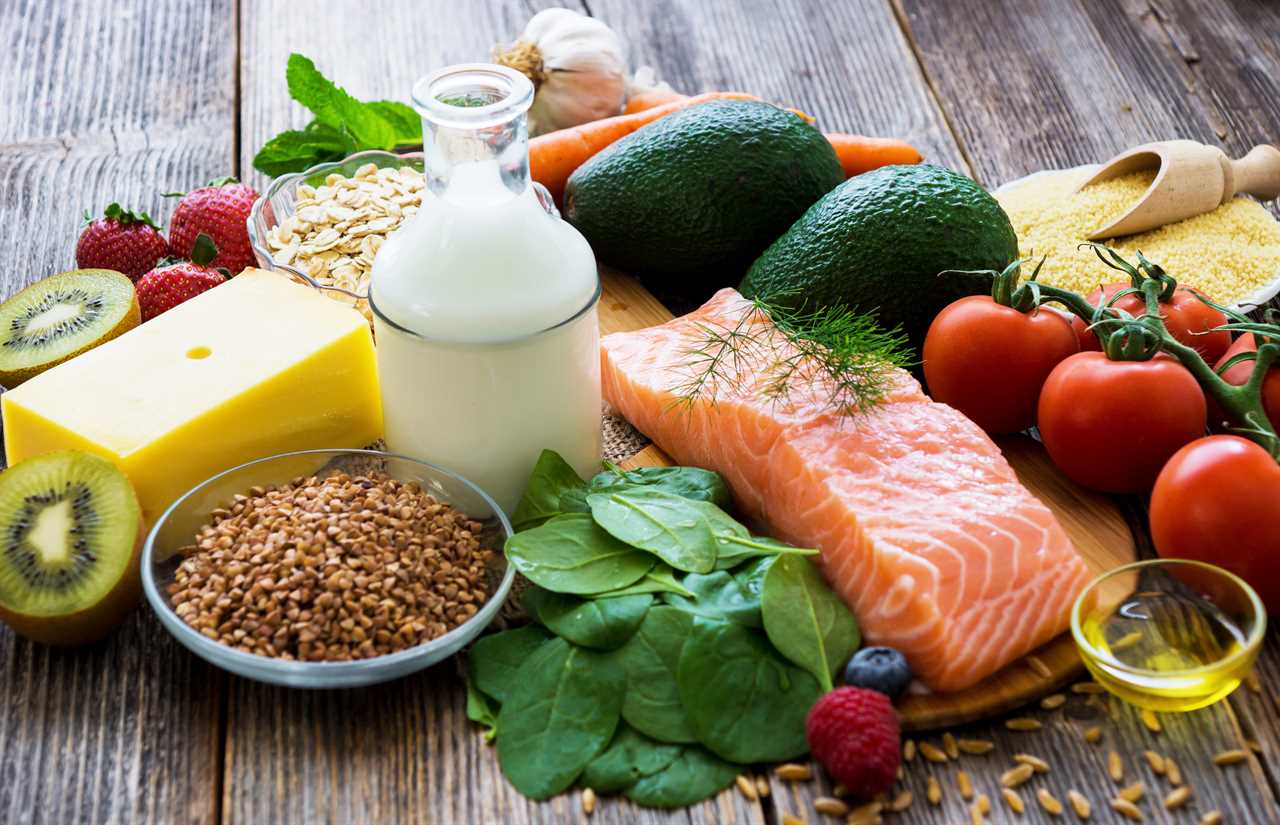 |
GALLONS OF PINE SOL + 10 CANS OF COMETGenuinely embracing global flavours, BelovedSaffron.com invites food lovers and passionate chefs to explore a world of spices and herbs, organic food, |
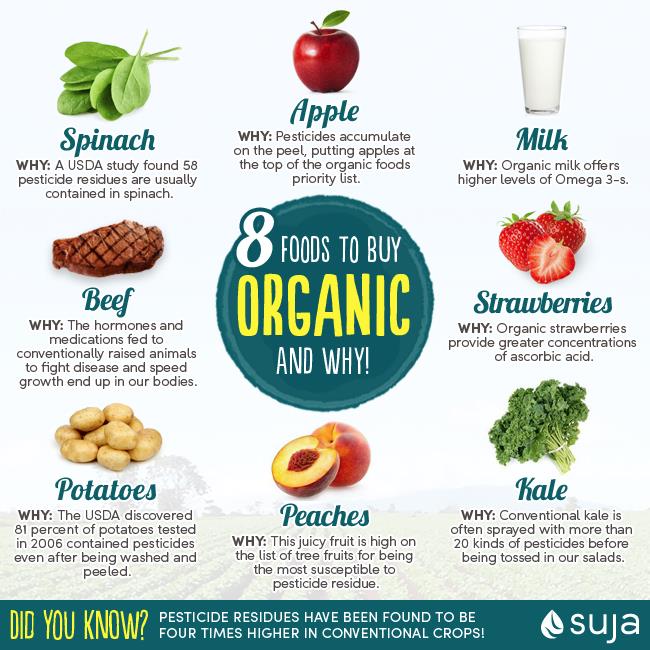 |
The 15 Best States for Homesteading in 2023We understand that food has the power to connect us all, transcending cultures and distances. At Belovedsaffron.com, we are passionate about spices,.. |
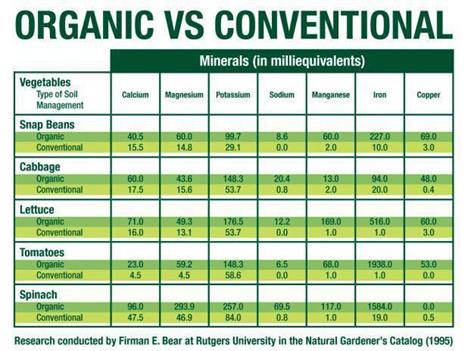 |
The Ugandan Agricultural Revolution led by Dr. Emma NaluyimaWelcome to Belovedsaffron.com, where we embrace everything related to spices, herbs, nutritious food, and organic eating! We are not professional.. |
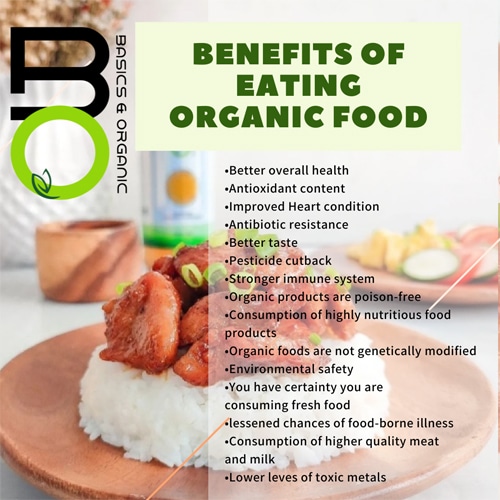 |
Innovating our way into the future. A Summit for Entrepreneurs and Intrapreneurs.Discover the wonders of global cuisine at Belovedsaffron.com! Our mission is to bring you spices, herbs and organic food from all over the world,.. |
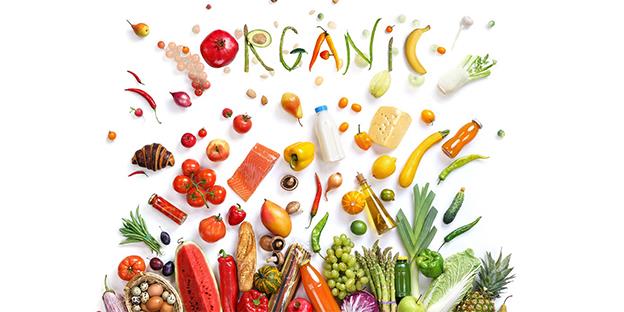 |
You’re Killing Your Asparagus if You Do This, 5 MISTAKES You Can’t Afford to Make Growing AsparagusWelcome to Belovedsaffron.com, where we are passionate about spices, herbs, recipes and organic eating! Here you will find a wide range of spices,.. |
 |
What I eat in a Day RESTAURANT VLOG!At Belovedsaffron.com, we are passionate about spices, herbs, recipes and organic eating. We are on a mission to bring you awareness about flavours.. |
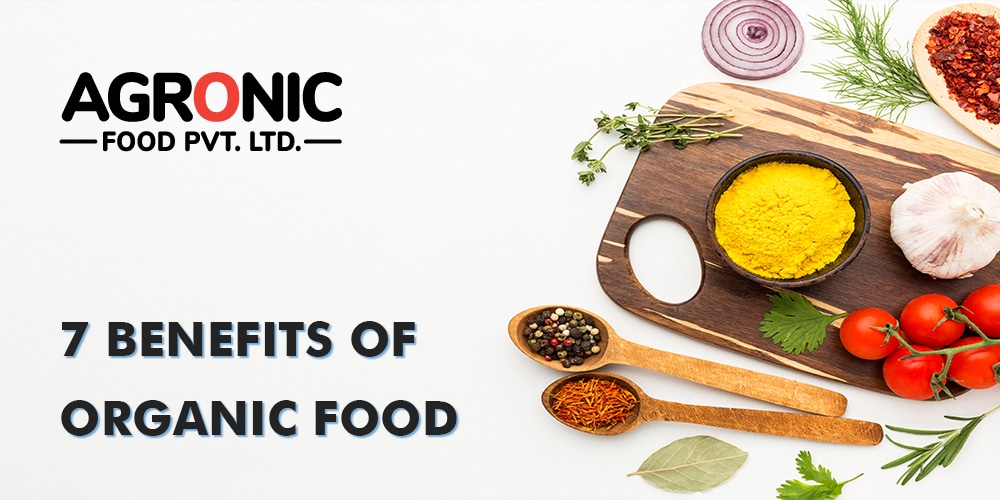 |
Nepali Organic Himalayan Village Food (Rice and Lentils ) | shepherd food | Shepherd Life |Rainy DayAt Belovedsaffron.com, we're passionate about flavours, cultures and cooking wisdom from around the world. We seek to bring you closer to sustainable |
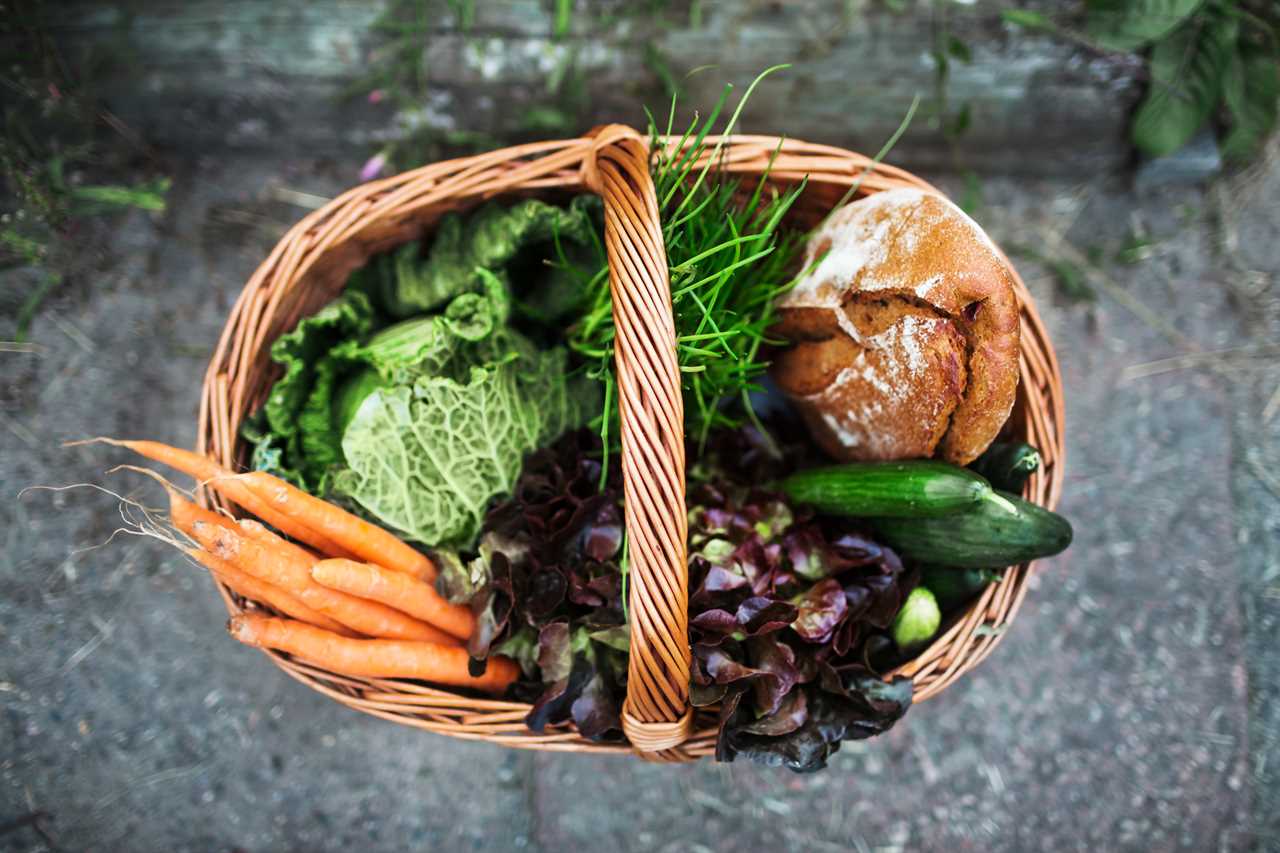 |
Planting trees and vegans, two very different farmers on food and farming with @GarethWynJonesAt Belovedsaffron.com, we are passionate about spices, herbs, good food and organic eating. Our mission is to bring awareness about the different.. |
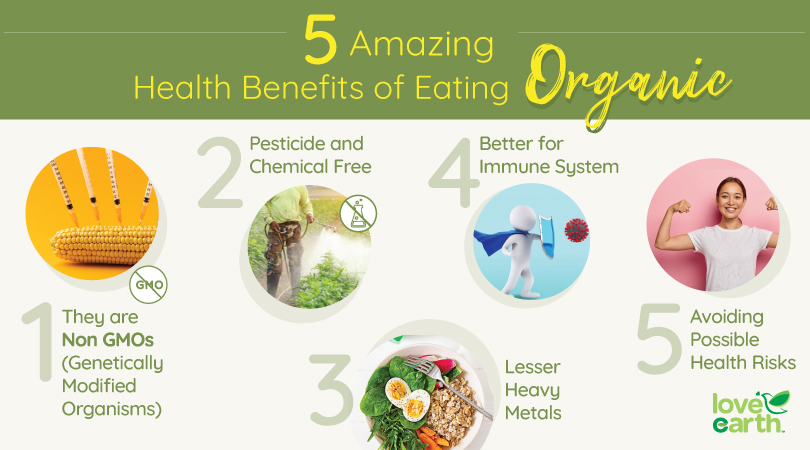 |
1 Food That Causes Insulin Resistance!Processed meats are high in sodium and nitrates, which can make it difficult for your body to process carbohydrates effectively. This can lead to health |
 |
Innovating our way into the future. A Summit for Entrepreneurs and Intrapreneurs.A powerful theme that speaks to the core of the nation. Solid speakers, not one of them will drop the ball. Shaping minds, promoting talents, pushing |
 |
All toxins will come out of your body! My grandfather''s old recipe!All toxins will come out of your body! My grandfather's old recipe! Ingredients: 2 Lemons 15 gr Ginger 1 piece garlic Honey as needed Subscribe my |
 |
The 3 Biggest FASTING MISTAKES & How to Do It CORRECTLY for Insane Benefits! | Dr. Mindy PelzDr. Mindy Pelz is a renowned holistic health expert and one of the leading voices in educating women about their bodies. She is on a mission to start a women’s |
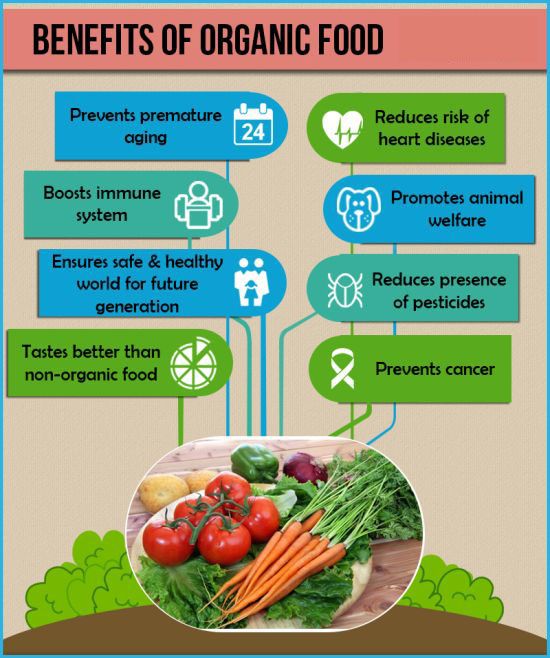 |
9 Hidden Benefits of Eating Pineapples DailyAre you curious about the health benefits of adding pineapples to your daily diet? In this informative video, we reveal the top nine hidden benefits of eating |
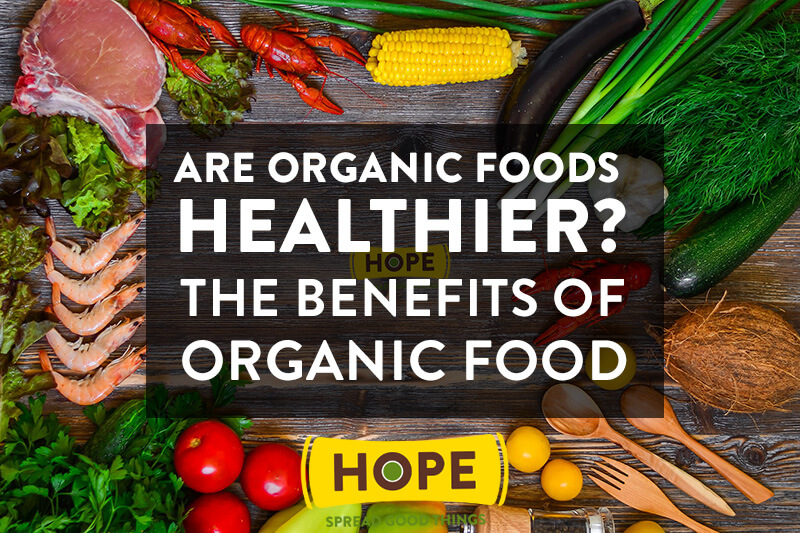 |
CO2 INJECTION FOR PLANTED TANKS - FULL TUTORIALWelcome to Belovedsaffron.com, where we embrace everything related to spices, herbs, nutritious food, and organic eating! We are not professional.. |
 |
First Look! Stock Market Earnings and the Stocks to Watch NOWFull Q1 Earnings Review and the Best Stocks to Buy Right NOW! Members’ only livestream and Q&A. If you aren’t able to be here live, ask any questions in the |
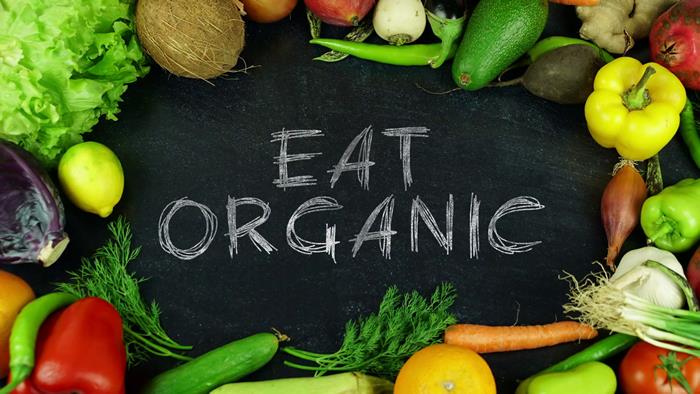 |
Organic eatingOrganic Cultur |
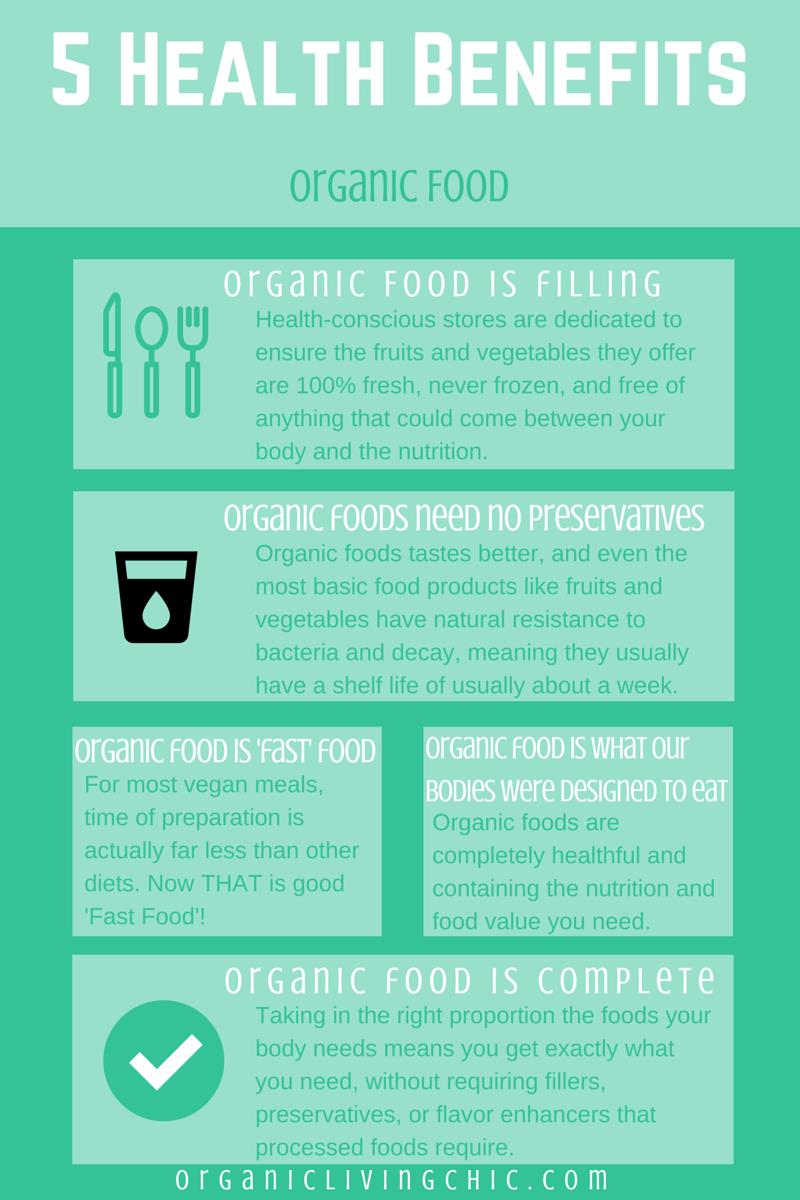 |
The 1 Fruit All Diabetics Should Be Eating, Study SaysEver heard of a fruit that actually lowers blood sugar instead of raising it? Well, here's one on offer for you. Nature's gift to help you peg your blood sugar |
 |
**THE LAST PART** What My Life Was Like Before My Diagnosis - Part 3 – Liver Disease & CirrhosisAt Belovedsaffron.com, we're passionate about flavours, cultures and cooking wisdom from around the world. We seek to bring you closer to sustainable |
 |
Aliens under the Ice – Life on Rogue PlanetsDiscover the wonders of global cuisine at Belovedsaffron.com! Our mission is to bring you spices, herbs and organic food from all over the world,.. |
 |
Magnesium: Why You Should Take ItIn this episode of "Talking with Docs," Dr. Zalzal and Dr. Weening delve into the importance of magnesium in our bodies and the benefits of taking magnesium |
 |
The 5 Keys to Soil Transformation with Matt PowersAt Belovedsaffron.com, we are dedicated to exploring the amazing world of spices and herbs, encouraging sustainable eating practices and sharing.. |
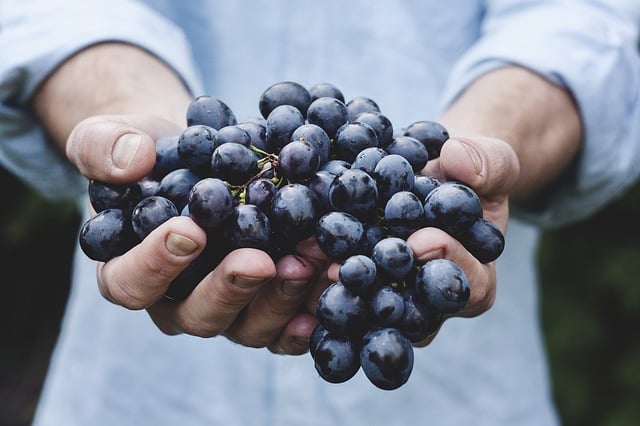 |
Using Fertilizer in the Vegetable GardenUsing fertilizer in the veggie garden- why, how, what & when? This video addresses some common questions about fertilizer, some basics about fertilizing |
 |
Full Day Of Eating | Starch Solution | Apple Cake & Cauliflower CurryAt Belovedsaffron.com, we are passionate about spices, herbs, recipes and organic eating. It is our mission to bring awareness of flavors from around |
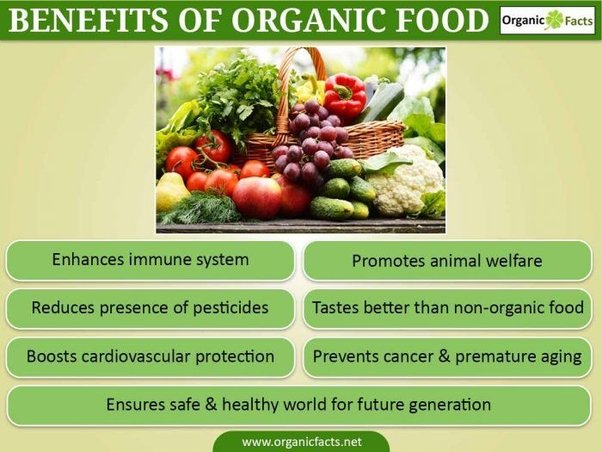 |
The Ultimate KabU Retreat Preparation EventAt Belovedsaffron.com, we are passionate about spices, herbs, recipes and organic eating and on a mission to bring you awareness about flavours from.. |
 |
Working technology in village || Organic village lifeAt Belovedsaffron.com, we are passionate about spices, herbs, recipes and organic eating and on a mission to bring you awareness about flavours from.. |
 |
A Carrot a Day Keeps the Doctor AwayCarrots can do more for your health than you might think. Learn more about the interesting benefits of carrots. The Anticancer Nutrient Researched over |
 |
OPENING THE RESTAURANT SOON | EATING ACKEE AND SALTFISHGenuinely embracing global flavours, BelovedSaffron.com invites food lovers and passionate chefs to explore a world of spices and herbs, organic food, |
 |
Is This the BEST Way to Garden in Difficult Climates?Welcome to BelovedSaffron.com, where we celebrate all the wonderful flavours of spices and herbs worldwide! We are not just chefs but food.. |
 |
Developer Of The Best Ever Organic Fertilizer Visits The Farm! Tips, Advice & Expertise GaloreAt Belovedsaffron.com, we are passionate about spices, herbs, good food and organic eating. Our mission is to bring awareness about the different.. |
 |
Cooking delicious curry by mother || Village life || Organic lifeAt Belovedsaffron.com, we believe that the key to good food and healthy eating is the proper use of spices, herbs, and other fresh ingredients. We.. |
 |
90% People Eat GARBAGE | 5 Signs your Food is ADULTERATED | SHLLOKAAt Belovedsaffron.com, we're passionate about flavours, cultures and cooking wisdom from around the world. We seek to bring you closer to sustainable |
 |
The Latest Research on Organic | The Organic CenterResearched articles about eating Organic food |
.png)





